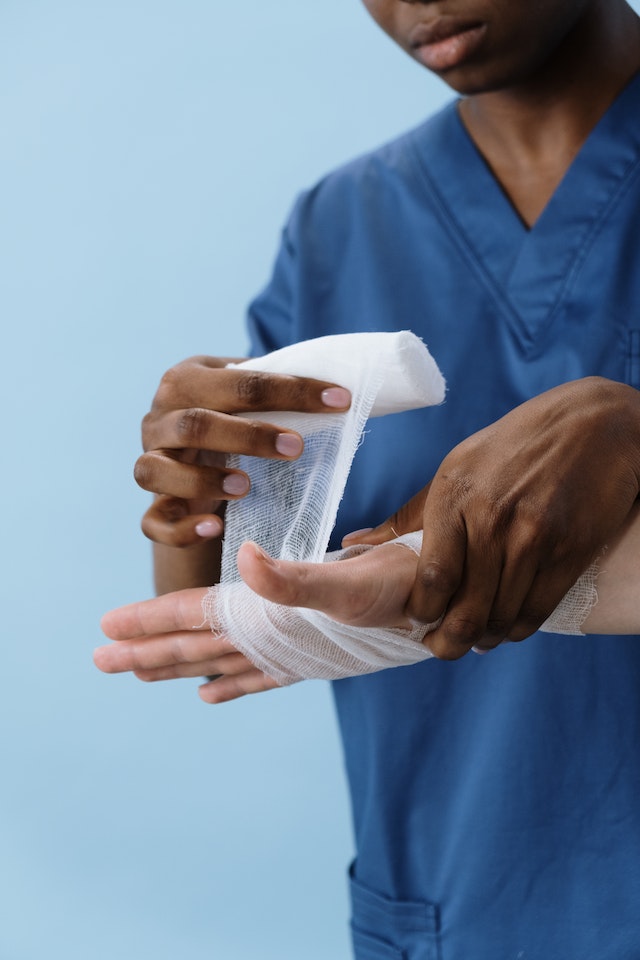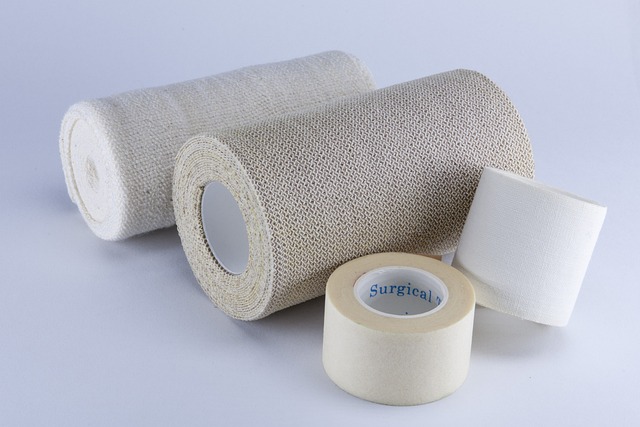
Ever been nipped by a mouse? It’s not an everyday concern in North Carolina, but when it happens, being prepared matters.
But don’t worry – we’ve got your back with the ultimate crash course on handling those surprising mouse bites. You’ll learn the ABCs of mouse bite care, discover potential risks you never knew existed, and emerge from this guide ready to face the world – or at least the tiny creatures that might decide to nibble.
Keep reading to learn more about what you should do if you’re ever bitten by a mouse!
Why Do Mice Bite?
Mice typically bite people for several reasons, although they prefer avoiding human contact altogether. Here are some common reasons why mice might resort to biting:
- Defense: Mice may bite as a defensive mechanism when they feel threatened or cornered. Due to their small size and lack of adequate defense mechanisms, biting is how they protect themselves.
- Territorial Protection: As territorial creatures, mice might resort to biting when predators approach their territory.
- Feeling Trapped: If a mouse finds itself trapped in an environment where escape seems impossible, it may bite to free itself.
- Hunger or Agitation: When a mouse is exceptionally hungry or under duress, it might not differentiate between a food source and your fingers, especially if you’re offering food.
- Illness or Pain: Sick or injured mice might defensively bite due to discomfort. Like many animals, mice unwell or in pain may respond aggressively due to their compromised condition.
It’s crucial to handle mice carefully and avoid provoking them into biting. When attempting to remove mice from your living space, consider using no-contact traps or seeking assistance from a North Carolina pest control professional, like Innovative Pest Solutions, who can manage the situation safely and effectively.
What To Do When You’ve Been Bitten By A Mouse
If a mouse nips you, it’s no biggie! But you should do a few things immediately to keep any infections at bay and ensure you’re safe. While getting bitten by a mouse isn’t as serious as larger animal bites, these little critters can still cause their fair share of problems. Take a look at these steps to be safe whenever a rodent gets too close.

Wash the Area
When bitten by a mouse, promptly and thoroughly wash the affected area with mild soap and warm water to remove potential contaminants introduced through the bite. Clean the area for at least 5 minutes to minimize the risk of infection.
After cleaning, wash all the soap from the bite and carefully pat the area dry with a clean towel. Avoid touching the wound with dirty hands or placing a bandage over the site while still wet.
Control Bleeding
If the bite continually bleeds, it’s crucial to stem the blood flow to prevent further complications. Applying gentle pressure with a clean cloth or tissue can help stop the bleeding.
Elevating the affected area can also aid in reducing blood flow to the wound. By taking these measures, you’re controlling the immediate bleeding and minimizing potential swelling and discomfort.
Apply Antiseptic
An antiseptic solution like hydrogen peroxide or rubbing alcohol can eliminate any remaining bacteria not removed while washing.
Antiseptics can lower the risk of infection and improve the healing process. Apply the antiseptic gently, using a clean cotton ball or pad, and avoid excessive scrubbing to prevent any irritation to the wound.
Apply Antibiotic Ointment
After cleaning and disinfecting the wound, apply an over-the-counter antibiotic ointment to provide additional protection. Antibiotic ointments create a barrier that guards against potential pathogens and helps the wound heal more effectively after you’re bitten by a mouse.
While this step is optional, it’s particularly beneficial if the bite is in an area prone to friction or where clothing might rub against the wound.
Cover the Wound
Once you’ve applied the antiseptic and, if desired, the antibiotic ointment, cover the bite with a clean, sterile bandage or dressing. This physical barrier shields the wound from external contaminants, including dirt, bacteria, and germs.
Be sure to regularly change the bandage and keep the wound clean to prevent infection and promote healing. Choose an appropriate bandage size that provides full wound coverage while allowing adequate air circulation for healing.
Monitor for Infection
Monitor the bite for signs of infection. If you notice increased pain, redness, warmth, swelling, or pus around the wound, these could indicate an infection is developing.
When you’re bitten by a mouse, it’s always a good idea to contact a doctor but promptly seek medical attention if anything changes or the symptoms grow severe. Infections can escalate quickly, and a healthcare professional can provide the necessary treatment, including antibiotics or other interventions, to prevent the infection from spreading.
Tetanus Shot
Mouse bites, like any open wound, have the potential to introduce tetanus bacteria into the body. Tetanus is a severe bacterial infection that affects the nervous system and can be life-threatening if left untreated. If it’s been more than 5-10 years since your last tetanus shot or you are unsure of your vaccination status, it’s wise to consider getting a tetanus booster shot.
Tetanus vaccines are part of routine immunizations and are essential for preventing this bacterial infection. Consult with a healthcare professional to determine whether a tetanus shot is necessary based on your circumstances.
Seek Medical Attention
Mouse bites can cause a host of problems, including rabies (albeit rare), so it’s crucial to contact your doctor, even if the wound seems minor.
If the bite is deep, causes significant bleeding, or exhibits signs of infection, it becomes crucial to seek additional medical attention. Deep bites might necessitate stitches to assist in ensuring appropriate closure of the wound and promoting healing.
A healthcare provider can evaluate the wound’s state, prescribe antibiotics if deemed necessary, and provide instructions regarding wound care. Remember that it’s wiser to prioritize caution and contact a medical professional for concerns.
Innovative Can Get Rid of Mice!
Gain the upper hand in the battle against mice and other pests by enlisting the assistance of seasoned professionals. Innovative Pest Solutions is poised to offer swift and efficient pest control services in Raleigh, NC.
Our top priority is keeping our customers’ homes and well-being safe. If you want to learn more about our locally owned and operated business and check out our affordable pest control options, please contact us today!





